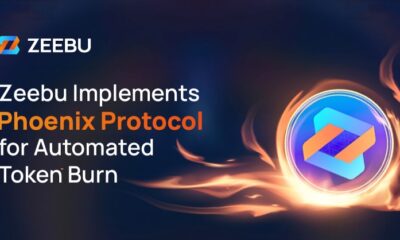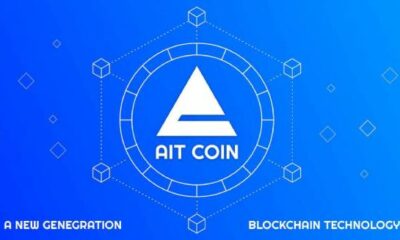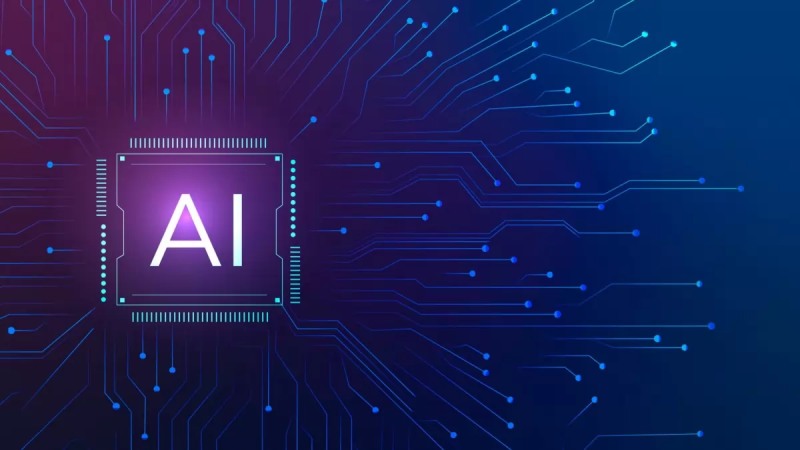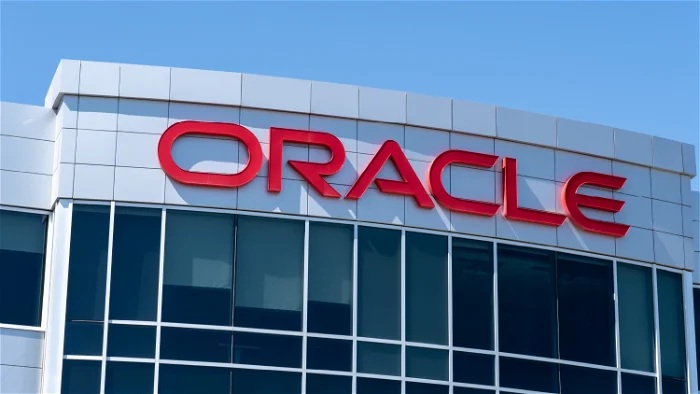Blockchain technology is garnering widespread adoption and inclusion in every industrial sector. Despite acquiring immense popularity through the financial sphere, it has a variety of opportunities that has created a huge hype around the healthcare industry, encompassing everything from research and logistics to relations between practitioners and their patients.
As the healthcare sphere directly impacts the quality of our lives, it has to be a prime priority in terms of digital transformation through blockchain. As a result, healthcare organizations are looking to partner with blockchain consultants to facilitate the adoption of this technology in healthcare projects.
Research and Markets predict that the global blockchain technology market in the healthcare industry is expected to exceed $500 million with a CAGR of 61.4% by 2022. According to IDC, 55% of all healthcare applications will employ blockchain for commercial purposes by 2025.
There are numerous ways through which Blockchain technology in healthcare can yield positive results for the industry. Let’s know how blockchain intertwines with healthcare through the following use-cases.
Counterfeit drugs are a major issue in the pharmaceutical industry. Bussinseese associated with healthcare is vulnerable to lose colossal funds due to counterfeiting drugs. Also, fake drugs can kill patients. Data remains unalterable on the blockchain. It becomes easier to discern the fraudulent activity, identify real prescriptions from the fake ones along with the source of drugs. It is because the data remains unalterable until prescription issuance or drug distribution is introduced. Hence, it can bring about positive results of blockchain, thereby preventing and tracing the misused drugs.
- Patient Data Management and Sharing
The Healthcare system often struggles with data siloes, which implies that patients and their care providers lack complete medical histories. The blockchain empowers the data management system to store overall medical records, including diagnosis, previous treatment regimens, examination results and even the measurements noted by personal smart devices. Thus, patients and doctors can always access medical data and treatment details without allowing any third party like an insurance company to get the information.
- Tracking Clinical Trials and Research
Clinical trials involve multiple parties like study subjects, study sponsors, drug manufacturers, medical device providers, doctors, analysts, researchers, etc. A medical trial needs privacy with secured data exchange. Incorporating blockchain in clinical trials will result in time-stamping of all documents for safe storage. These documents consist of project proposals, research design, surveys, blood tests, and informed consent of the participating parties. Blockchain can add credibility to the research performed, as every document on the blockchain becomes verifiable, reduces audit costs and the possibility of theft datasets.
The healthcare supply chain is a complex process due to heavy regulations and challenging quality control and compliance. Using blockchain can overcome all these logistical issues, thereby imparting smooth functioning of the overall industry. The interoperability between blockchain networks results in drug traceability from the manufacturer to the end consumer. The immutable nature of blockchain ensures easy tracking, quality control and compliant levels.
- Incentivization Through Micropayments
Blockchain also plays a crucial role in facilitating health data monetization for people willing to share their medical data for research purposes in return for a financial reward. Blockchain can then store their health information and facilitate transactions via cryptocurrency payments. Also, micropayments are value-based models that can reward patients if they follow doctors’ advice and prescribed lifestyles. Blockchain’s smart contracts enable these micropayments to encourage patient behavior and offer incentives to pursue a specific care plan or exchange data concerning treatment, review and reach the patient from time to time.
- Improvised Billing Audatability
The existing processes are inadequate in detecting intentional and unintentional fraudulent activities related to billing. These cases may arise due to human mistakes, overdue payments, and fraud committed with stolen patient identities. Blockchain can go miles towards improving billing transactions by minimizing denied claims, quickly reporting underpayments, reducing human errors and eliminating blatant theft.
The flow of medical services could arise various issues concerning insurance, claims and donations. Insurance frauds like under treatment or overtreatment can claim lives and spill into billions of dollars. Donations may wind up in the wrong hands with financial mishaps due to a lack of transparency in the existing systems. With blockchain, smart contracts can remove all unwanted intermediaries in insurance and claiming processes. When a patient undergoes a process covering insurance, the smart contracts get triggered to transfer money from payer to care providers.
- Credentialing and Verification
Blockchain acts as a trustworthy database and can be used as a credential verification system for medical institutions on hiring a physician, practitioner or medical staff. Checking the candidate’s name in a blockchain incorporated system will ensure the relevant experience, licenses and competency to work with patients. Blockchain being tamper-proof and immutable can eliminate the possibility of fake documents. Also, the information about the drug’s origin will ensure the quality provided by the registered pharmacy licensed to produce medicines.
Blockchain technology and healthcare make a promising match, where one of them deals with sensitive information and the other safeguards it with secured data sharing. Leveraging blockchain use cases in healthcare showcases plentiful benefits, which will foster the improvement of the entire healthcare ecosystem.
With such growing traction, various blockchain companies have marked their involvement in healthcare. Choosing a leading blockchain development company can assist you in approaching your desired blockchain-powered solution. Combining the experience and expertise in custom healthcare software development, you can build customized solutions including mHealth apps, patient engagement and monitoring softwares and EHR (Electronic Health Records)softwares for streamlining the medical workflows with emerging technologies.


 Business3 weeks ago
Business3 weeks ago
 Business4 weeks ago
Business4 weeks ago
 Entertainment3 weeks ago
Entertainment3 weeks ago
 Technology4 weeks ago
Technology4 weeks ago
 Business2 weeks ago
Business2 weeks ago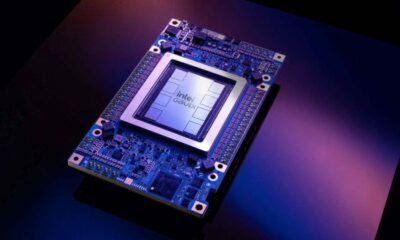
 Technology4 weeks ago
Technology4 weeks ago
 Business2 weeks ago
Business2 weeks ago
 Business2 weeks ago
Business2 weeks ago
